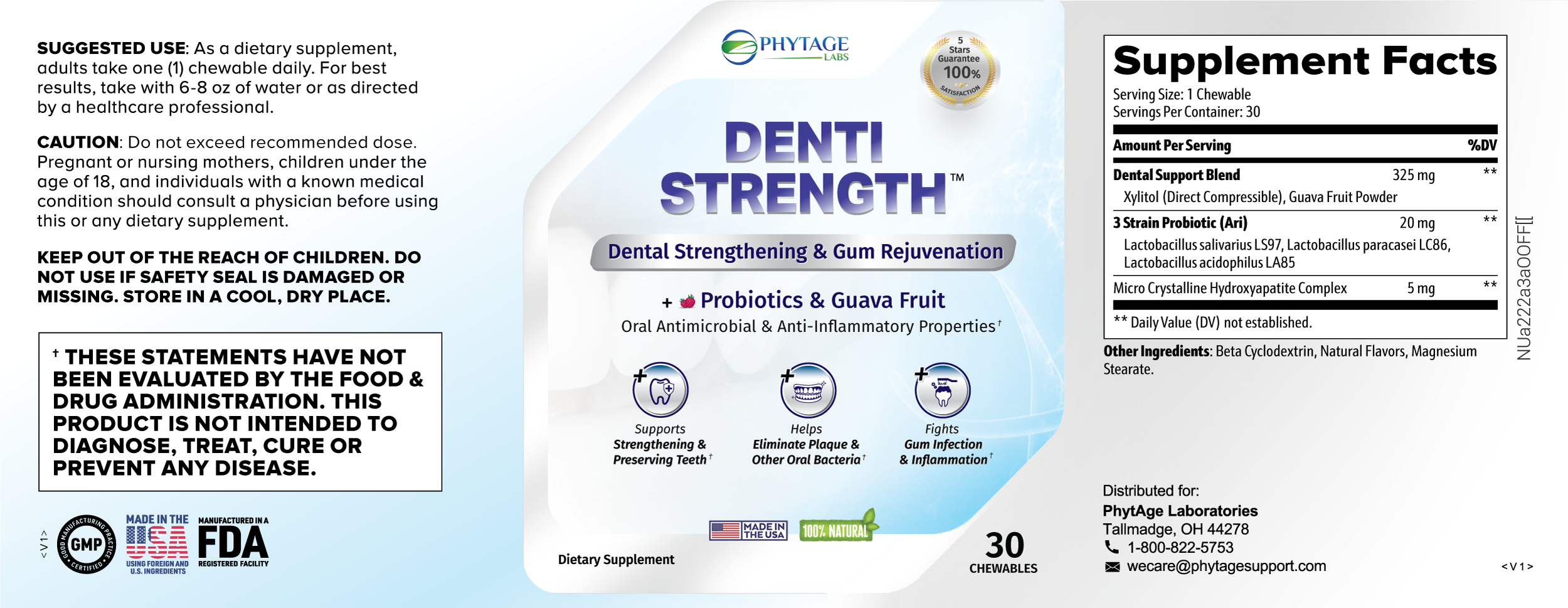
Beet
"We concluded that regularly consuming the beetroot juice provides enough nitrite to control the growth of lactic acid bacteria," project leader Otmar Höglinger said. Controlling those bacteria can, in turn, slow the onset of tooth decay.
https://www.foodandwine.com/news/can-beet-juice-stop-tooth-decay
Artichokes
Artichoke, Chanca Piedra and Red Raspberries: This trio works together as an anti-bacterial to remove bacteria.
https://www.wicz.com/story/42499445/steal-bite-pro-review-does-it-really-treats-your-dental-problems-must-read-this
Dandelion
Dandelion greens are a good source of calcium and vitamin K — both of which are associated with the prevention of bone loss. Inulin, a fiber found in dandelion root, may also support healthy bones through improved digestion and the promotion of healthy gut bacteria.
https://www.healthline.com/nutrition/dandelion-benefits
(Dandelion) leaves packed with numerous health benefiting flavonoids such as carotene-ß, carotene-α, lutein, cryptoxanthin, and zeaxanthin. Consumption of natural foods rich in vitamin-A and flavonoids (carotenes) help the human body protect from lung and oral cavity cancers. Zeaxanthin supposed to possess photo-filtering functions and therefore, may help protect the retina from harmful UV rays.
https://www.nutrition-and-you.com/dandelion-herb.html
Alfalfa
Herbs taken internally to strengthen Astidhatu, i.e. the skeleton and the joints, are good for long-term health of the teeth. Outstanding examples include yellow dock root, alfalfa leaf, cinnamon bark, and turmeric root.
https://www.ncbi.nlm.nih.gov/pmc/articles/PMC3131773/
L-Cysteine
Chapple advocated that degradation of cysteine by oral microorganisms may also prevent the inhibition of NF-kB mediated production of pro-inflammatory cytokines in the periodontal environment, and hence cytokine related tissue destruction.
https://www.ncbi.nlm.nih.gov/pmc/articles/PMC4630702/
Choline
Three topical products for oral use contain choline salicylate: Bonjela Teething Gel, Bonjela Mouth Ulcer Gel and Ora-sed gel.
https://medsafe.govt.nz/profs/PUArticles/Topical%20oral%20choline%20salicylate%20gels%20-%20safety%20in%20children%20-%20Aug%2009.htm
Turmeric
Turmeric is most commonly recommended for its anti-inflammatory properties. Several studies have evaluated the effectiveness of turmeric in controlling gingival inflammation. One study evaluated the ability of turmeric to reduce gingival inflammation and impact levels of inflammatory markers in the gingival crevicular fluid.
https://www.rdhmag.com/patient-care/article/16409712/turmeric-in-oral-health-benefits-are-touted-on-social-media-but-research-results-are-limited
Red Raspberry
More potent than the tea, raspberry leaf in the liquid extract form, when diluted with water, is an excellent astringent for wounds and inflammations, as well as a mouthwash for oral ulcers and inflamed gums.
https://wholehealthchicago.com/2009/05/19/raspberry-leaf-rubus-idaeus/
